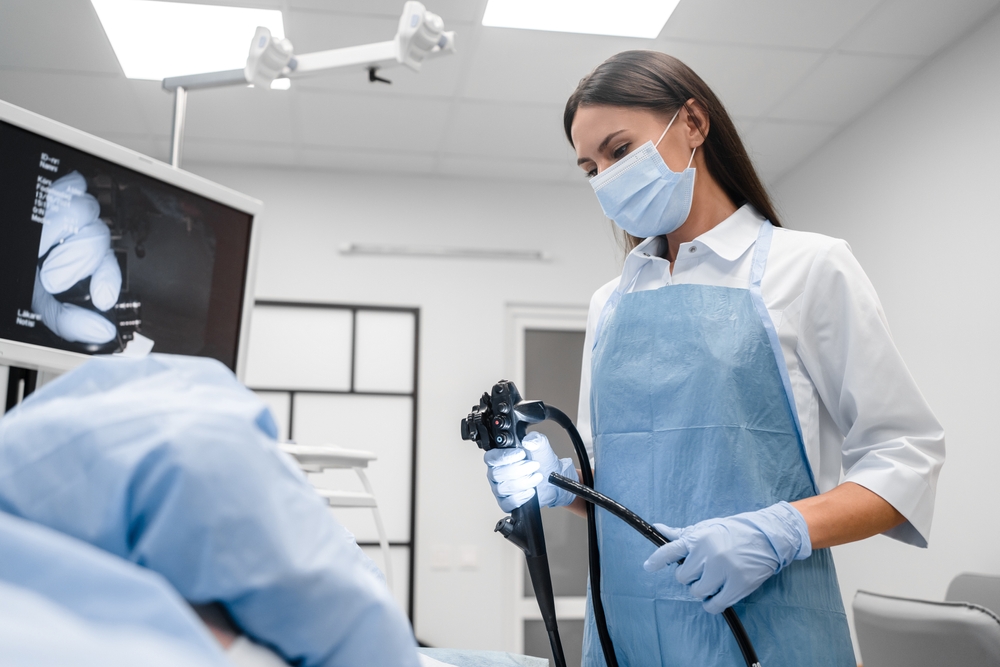Artificial intelligence (AI) is shaking up healthcare, and one of the most promising areas is in gastroenterology—particularly when it comes to diagnosing bowel conditions. From helping a colorectal surgeon detect early signs of cancer to improving the accuracy of a colonoscopy in Melbourne, AI tools are making their way into hospitals and clinics across the globe. But with every technological advance comes the inevitable question: is this genuinely helpful, or just another overhyped gadget? For patients searching for answers from a trusted female surgeon, the answer lies somewhere in between.
How AI Is Being Used in Bowel Health
AI isn’t replacing your surgeon any time soon—but it is enhancing how we detect, analyse and treat bowel conditions. Here’s how it works:
- Polyp Detection: During colonoscopies, AI can analyse the video feed in real-time, identifying polyps that even experienced clinicians might miss. A 2024 study published in The Lancet found that AI-assisted colonoscopy increased polyp detection rates by over 40%.
- Histopathology Support: AI algorithms can assess biopsy samples, helping pathologists differentiate between benign and malignant tissues more quickly and with fewer errors.
- Predictive Modelling: Based on large-scale data, AI tools can predict the likelihood of conditions like colorectal cancer or inflammatory bowel disease (IBD), helping patients and doctors make more informed decisions.
This doesn’t mean your colorectal surgeon will hand over control to a robot. Rather, it means the procedure is backed by another layer of scrutiny that could catch something subtle or rare—particularly important when undergoing a colonoscopy in Melbourne.
Does It Really Work?
AI has shown significant promise, but it’s not infallible. For example:
- False Positives: Some AI tools might identify harmless tissue as polyps, leading to unnecessary removal or further investigation.
- Bias in Data: Algorithms trained on data from specific regions or demographics might underperform when applied elsewhere. That’s why it’s critical to have technology validated for local populations—including those right here in Australia.
A skilled female surgeon working in Melbourne will understand these limitations and can interpret AI outputs within the broader clinical picture, ensuring patients still receive thoughtful, personalised care.
Patient Experience and AI
AI’s potential isn’t limited to diagnostics. Some systems can:
- Generate automated post-procedure reports
- Assist with appointment scheduling and patient tracking
- Provide education and pre-procedure reminders through chatbot systems
For patients booking a colonoscopy in Melbourne, this tech can improve both access and experience—making it easier to understand what’s happening and why. For those who feel more comfortable seeing a female surgeon, AI might help streamline referral processes so patients can access care that aligns with their preferences.
Are There Risks?
Yes—but they’re manageable.
- Privacy and Security: AI systems require large amounts of patient data. It’s essential that Australian clinics and hospitals comply with strict data governance laws to protect patient privacy.
- Overreliance: As with any tech, there’s a risk of leaning too heavily on it. A good clinician—whether a female surgeon or a specialist male practitioner—will use AI as a tool, not a substitute for skill and judgement.
What Does the Future Hold?
Australia is well-placed to lead the way. The CSIRO and Australian Digital Health Agency have both invested in AI research for healthcare, with a particular focus on chronic conditions and cancer diagnostics. We can expect more clinics offering AI-assisted colonoscopy in Melbourne, and more colorectal surgeons using this tech in real-world settings.
Yet, for all the innovation, one thing remains constant: the importance of skilled human care. Many patients—especially women—actively seek out a female surgeon for comfort, communication style, or personal reasons. AI may be clever, but it can’t replicate trust and compassion.
A Helping Hand, Not a Replacement
AI isn’t here to replace your doctor—it’s here to support them. Whether it’s boosting the accuracy of your colonoscopy in Melbourne, aiding a colorectal surgeon in finding early signs of disease, or helping you connect with a female surgeon who aligns with your preferences, the potential benefits are real. But AI is still a tool—not a silver bullet. Its value depends on how it’s implemented, interpreted, and integrated into patient care. As long as we continue to prioritise clinical judgement, patient values, and ethical care, AI will remain a helpful ally in the fight against bowel disease.


